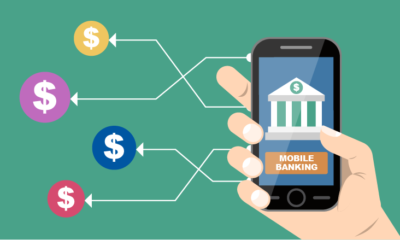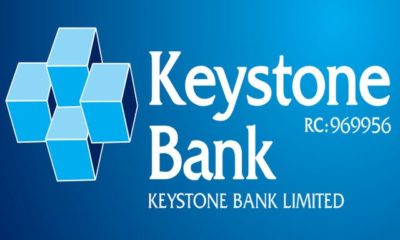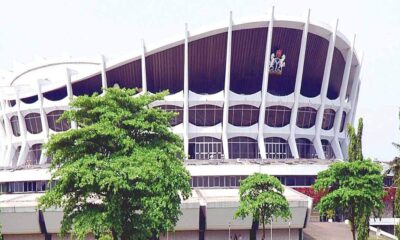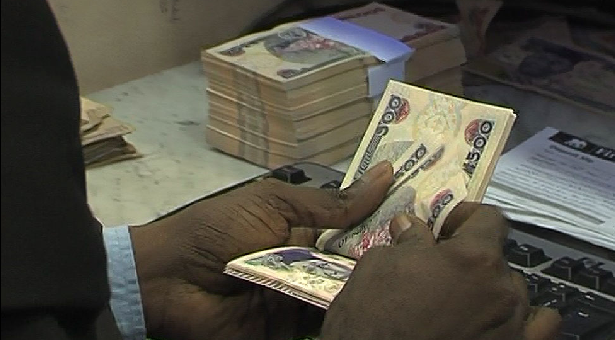- Deutsche Bank Sees Yuan Falling 17% as Capital Outflows Quicken
The yuan will weaken 17 percent over the next two years as government efforts to cool the housing market, easier monetary policy and higher U.S. borrowing costs spur capital outflows, according to Deutsche Bank AG.
China’s currency will end 2017 and 2018 at 7.4 and 8.1, respectively, compared with Thursday’s rate of around 6.72 percent, economists Zhiwei Zhang and Li Zeng wrote in a report dated Thursday. The nation’s economic growth will probably slow to 6.2 percent next quarter, while outflows will intensify in the next few months, they wrote.
The yuan has fallen 0.8 percent this week as rising expectations of a U.S. rate hike by year-end boost the dollar and slumping exports dent the outlook for China’s economy. At least 21 mainland cities have introduced purchase restrictions and toughened mortgage lending since late September to restrain surging home prices. The monetary authority has refrained from lowering benchmark rates since October 2015.
“We believe a tightening Fed, a deflation of property bubble in China, and potential policy easing by the PBOC in 2017 will lead to persistent capital outflows,” Zhang and Zeng wrote.
While the nation’s foreign-exchange reserves appear to have stabilized, Goldman Sachs Group Inc. has warned outflows may be larger than they look because an increasing amount of capital is exiting the country in yuan rather than in dollars.
Deutsche Bank’s bearish outlook on the yuan contrasts with that of the currency’s top forecaster, Landesbank Baden-Wuerttemberg, which is more relaxed about the risks for further depreciation. Julian Trahorsch, an economist at the German bank, the most accurate forecaster of the yuan as ranked by Bloomberg, predicts the currency may start to rebound toward the end of next year as inflows rise and companies taper foreign debt repayments.
Deutsche Bank sees Shanghai’s reported move to tighten credit supply to property developers as a “significant step” by the government and more cities are expected to follow, according to the analysts, who cited a 21st Century Business Herald report.
“This is the first sign of credit tightening that targets developers, and it focuses on the land auction market, which we believe is a key to the rise of the property bubble,” the analysts wrote.
Economic Outlook
China’s financial regulators plan to tighten control on funds flowing into the property market in violation of current rules, according to people familiar with the matter. Authorities including the central bank aim to tighten control on speculative real-estate investments and money involved in land transactions, the people said.
Expansion in the world’s second-largest economy will slow in the first three months of next year, forcing the People’s Bank of China to cut interest rates in the second quarter, according to the Deutsche Bank report.
The yuan fell 0.1 percent in Shanghai on Thursday, while the offshore rate retreated 0.2 percent. The currency has dropped 3.5 percent against the dollar this year, the biggest decline in Asia, and weakened 6.2 percent against a trade-weighted index. The median forecast in a Bloomberg survey is for the yuan to finish this year at 6.75, and end 2018 at 6.79.

 News3 weeks ago
News3 weeks ago
 Business3 weeks ago
Business3 weeks ago
 Technology3 weeks ago
Technology3 weeks ago
 Investment3 weeks ago
Investment3 weeks ago
 Banking Sector3 weeks ago
Banking Sector3 weeks ago
 Banking Sector3 weeks ago
Banking Sector3 weeks ago
 Appointments3 weeks ago
Appointments3 weeks ago
 Investment3 weeks ago
Investment3 weeks ago



























